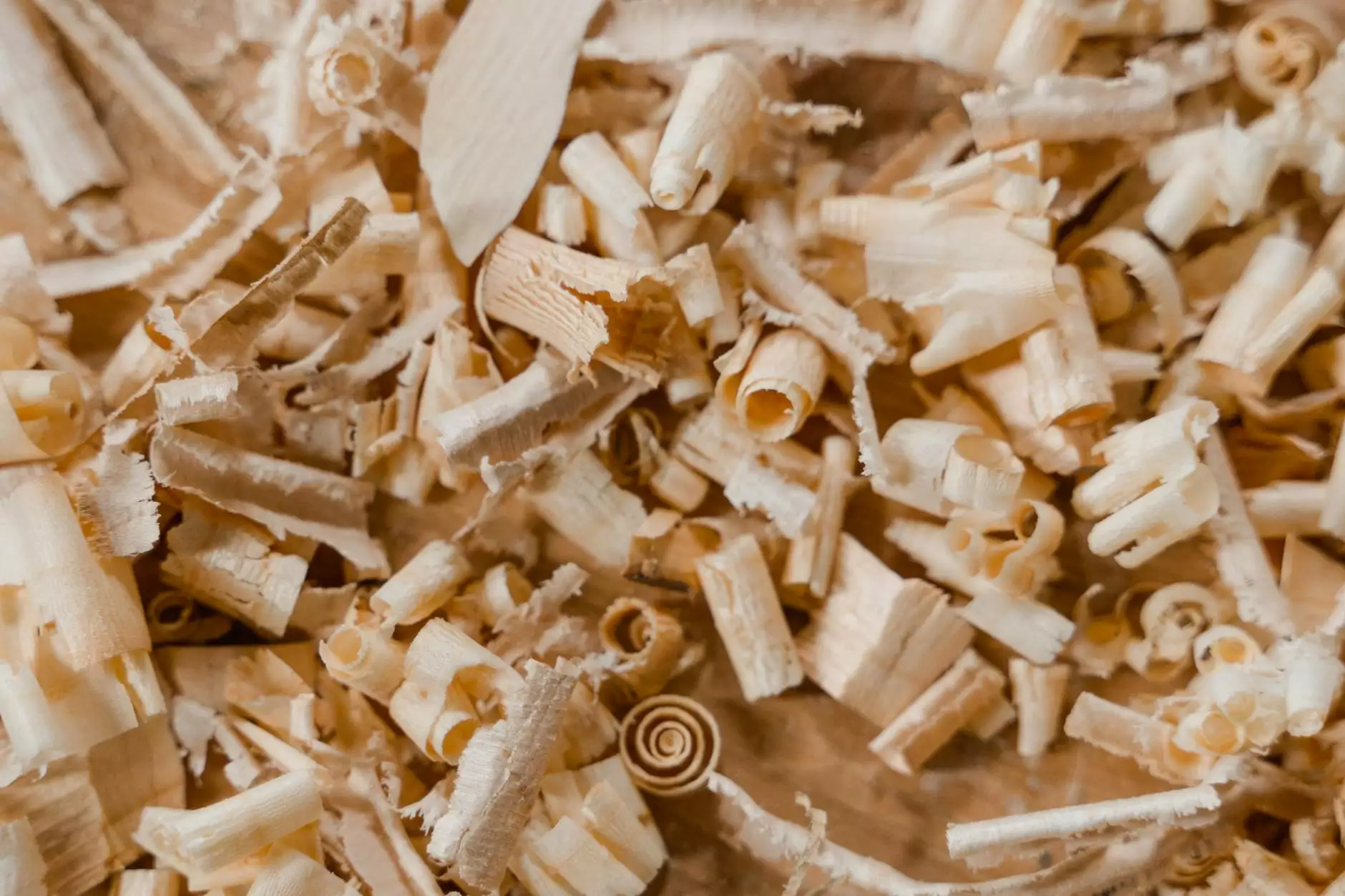The Intriguing World of THCA Flower

THCA flower is rapidly gaining attention among cannabis enthusiasts and medical professionals alike due to its potential benefits and unique characteristics. As the cannabis industry continues to evolve, understanding the compounds within the plant is essential for making informed choices. This article delves deep into what THCA flower is, its properties, health benefits, and its significance in the realms of both recreational and medicinal cannabis.
What is THCA?
THCA, or Tetrahydrocannabinolic Acid, is a cannabinoid that is present in the cannabis plant. It is the acidic form of THC (Tetrahydrocannabinol), which is known for its psychoactive effects. However, THCA is non-psychoactive, which means that it does not produce the “high” typically associated with THC when consumed in its raw form.
The Chemical Structure of THCA
The chemical structure of THCA is complex yet fascinating. With a molecular formula of C22H30O4, THCA is formed when CBGA (cannabigerolic acid) is converted into THCA through the plant’s natural processes. This occurs during the growth and maturation of cannabis flowers.
How THCA Flower is Different from THC Flower
To better appreciate the significance of THCA flower, it's crucial to understand its distinction from THC flower. When cannabis is heated (as in smoking or vaping), THCA decarboxylates to form THC, leading to the psychoactive effects. On the contrary, THCA retains its acidic form in unheated preparations, which may offer unique health benefits without the high.
Benefits of THCA Flower
Research into the benefits of THCA is ongoing, but preliminary studies and anecdotal evidence suggest several potential health benefits, including:
- Anti-Inflammatory Properties: THCA may help reduce inflammation, making it a valuable option for those suffering from conditions like arthritis.
- Neuroprotective Effects: Some studies indicate that THCA could help protect brain cells and support brain health, which is particularly beneficial for neurodegenerative diseases.
- Anti-Nausea Effects: Patients undergoing treatments such as chemotherapy may find relief from nausea with THCA, although more research is needed.
- Appetite Stimulation: THCA may help stimulate appetite, which can be beneficial for individuals dealing with loss of appetite due to illness.
Exploring the Therapeutic Potential of THCA
As the cannabis industry expands, researchers are becoming increasingly interested in the therapeutic potential of all cannabinoids. THCA shows promise in various therapies, as researchers continue to explore how non-psychoactive compounds can be utilized in treatment plans.
Consumption Methods of THCA Flower
Understanding how to consume THCA flower is vital for achieving the desired health benefits. Here are some popular methods:
- Raw Consumption: THCA flower can be consumed raw; incorporating it into smoothies or salads can preserve its beneficial properties.
- Juicing: Fresh cannabis leaves and flowers can be juiced, providing a potent source of THCA while ensuring maximum nutrient retention.
- Tinctures: THCA tinctures, made by soaking cannabis in alcohol or vinegar, offer a concentrated option that can be taken sublingually.
- Capsules: Some companies offer capsules filled with THCA extracts, providing a controlled dose for easy consumption.
Legality and Availability of THCA Flower
As regulations surrounding cannabis continue to change, the legal status of THCA products can vary by region. In many places, THCA flower is legal as it does not produce psychoactive effects. However, it’s essential to stay informed about local laws regarding cannabis. Always purchase from trusted sources to ensure quality and compliance.
Where to Obtain High-Quality THCA Flower
For those looking to explore the benefits of THCA flower, it’s essential to seek out reputable suppliers. Consider the following when searching for high-quality THCA:
- Check for lab testing results to confirm cannabinoid content and purity.
- Read reviews and testimonials from other consumers to gauge product effectiveness.
- Opt for products from licensed dispensaries that adhere to local regulations.
Medical Cannabis Referrals: Understanding the Process
For those interested in exploring THCA flower for medicinal purposes, obtaining a medical cannabis referral is a critical step. This process typically includes:
- Consultation: Meeting with a healthcare professional experienced in medical cannabis is paramount. They can assess your medical history and recommend appropriate strains.
- Evaluation: A thorough evaluation will help determine if cannabis therapy, including THCA, is a suitable option for your condition.
- Referral: If appropriate, the healthcare provider will issue a referral, allowing you to access legal cannabis products.
Cannabis Tours: Explore and Learn
For those curious about the cannabis industry, participating in cannabis tours can provide valuable insights into the cultivation and production of cannabis, including THCA flower. These tours often include:
- Guided visits to cannabis farms, where you can learn about the growing process and the different strains.
- Tastings of various products, such as edibles, tinctures, and raw flower.
- Opportunities to speak with industry professionals and get answers to your questions about cannabis and its uses.
Final Thoughts on THCA Flower
In the ever-expanding landscape of cannabis research and use, THCA flower stands out as a promising non-psychoactive option with potential health benefits. Whether you are seeking natural relief from inflammation, anxiety, or other conditions, exploring THCA may be worthwhile.
As you consider incorporating THCA flower into your wellness routine, always consult with a healthcare professional for tailored advice. Additionally, ensure you are sourcing your products from reputable retailers like Venera Factory, which emphasizes quality and compliance.
With ongoing research and increasing consumer interest, the future of THCA flower looks bright. By educating ourselves and staying informed about cannabis, we can make better decisions for our health and well-being.









